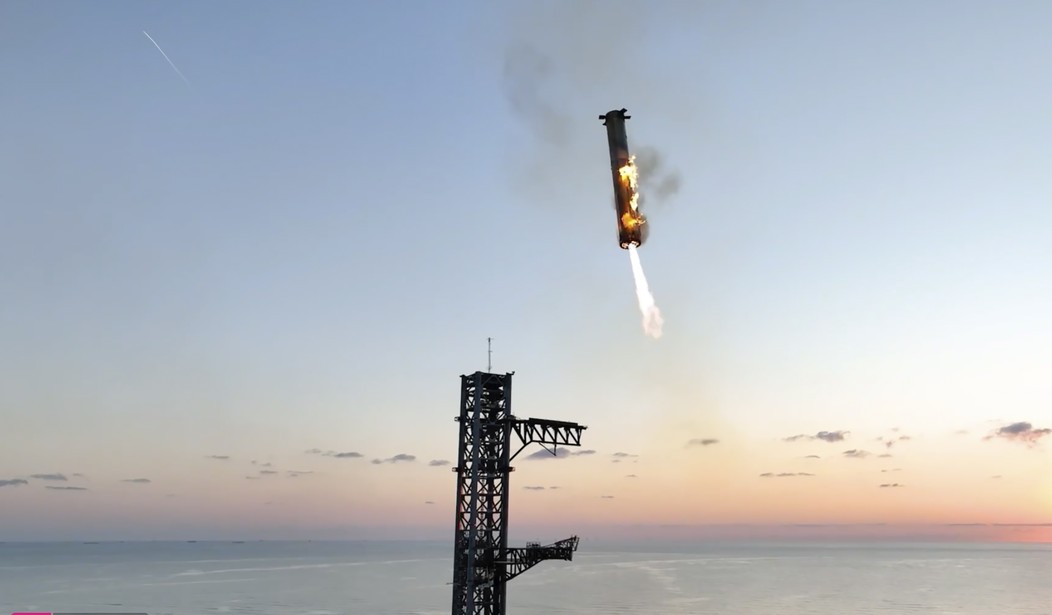Big change-up for the soundtrack this week.
Buzz Aldrin says it's summer tonight, and I, for one, am not going to argue with him.
It’s official now – summer is here with the solstice today (at least in north America and in the northern hemisphere). The precise point of the solstice in the U.S. will be at 10:42 PM Eastern Time. I think we can say, “it’s going to be a lonnnng day! Have a great weekend! pic.twitter.com/6cjFftk1sB
— Dr. Buzz Aldrin (@TheRealBuzz) June 20, 2025
The summer sun is amazing.
On Sunday I traveled to the middle of the desert to capture this: The ISS against our sun. What I didn't expect: the sun producing a magnificent flare at the same time
— Andrew McCarthy (@AJamesMcCarthy) June 19, 2025
A once-in-a-lifetime shot I'm thrilled to share with you. See the uncropped shot or get the print in the reply pic.twitter.com/HBXmyzKuef
Mars also has solstices, although the Northern Hemisphere summer doesn't start there until the last week of September.
Mars, with an axial tilt of about 25.19 degrees, experiences solstices similar to Earth due to its tilt causing seasonal variations. A Martian year lasts 687 Earth days or 668.6 sols (Martian days), and solstices occur twice per hemisphere per year, marked by solar longitude (Ls): the northern summer solstice (southern winter) at Ls = 90° and the northern winter solstice (southern summer) at Ls = 270°. Due to Mars’ eccentric orbit, these events are unevenly spaced, with northern summer lasting ~141 sols and northern winter ~182 sols. For 2025–2026, approximate Earth dates are the northern summer solstice around late September to early October 2025 and the northern winter solstice around mid-June 2026, though precise dates require tools like NASA’s Mars24 for exact orbital calculations.
But the sun also rises.
How different does sunset appear from Mars than from Earth? For comparison, two images of our common star were taken at sunset, one from Earth and one from Mars. These images were scaled to have the same angular width and are featured here side-by-side. A quick inspection will… pic.twitter.com/efmwdupwA3
— Astronomy Picture of the Day (@apod) June 17, 2025
There's more interesting sun stuff this week.
Breaking space news: We have made our own solar eclipse in space! 🌘
— European Space Agency (@esa) June 16, 2025
Today, we release the first images from our Proba-3 mission, which flies two spacecraft in precise formation to create artificial solar eclipses in orbit.
Using a powerful instrument called a coronagraph,… pic.twitter.com/mwOiwY2doS
It's a very warm summer elsewhere.
Hubble saw a star exploded before its eyes pic.twitter.com/UdmGFtslMH
— Curiosity (@MAstronomers) June 16, 2025
If it's summer here in the Northern Hemisphere, it's winter in the Southern Hemisphere. But summer there still isn't beach weather.
Earth is never shown like this! 🌍 pic.twitter.com/jytLKnjApN
— All day Astronomy (@forallcurious) June 16, 2025
Another dramatic picture. Einstein for the win, again.
BREAKING🚨: Stunningly perfect 'Einstein ring' snapped by James Webb telescope is the most distant gravitationally lensed object ever seen pic.twitter.com/thvtddsGCn
— All day Astronomy (@forallcurious) June 16, 2025
Of course, it was sort of a big week for SpaceX.
— John Kraus (@johnkrausphotos) June 16, 2025
But while it was big news, it wasn't necessarily good news.
It sounds like this was just a straight-out manufacturing defect. Embarrassing.
Homer Hickam, rocket scientist and author of Rocket Boys — made into the film October Sky — sent a condolence.
If ever @SpaceX needed some love, it's now and I'm ready to give it to them. When I was sick, I got an amazing card from @elonmusk signed by dozens of his hard-working employees, not to mention tons of swag. I love you, @SpaceX. You are a great American company that has risked… pic.twitter.com/8MUElRRtFO
— Homer Hickam (@realhomerhickam) June 19, 2025
I'm always up for a picture of the Pleiades. I suspect this is enhanced, but it's still cool.
Moon, Venus and the Pleiades pic.twitter.com/6Yz1Sztste
— ✨ (@astro4pics) June 16, 2025
That's it for this week. As always, you can find more space and astronomy stuff on my Substack, The Stars Our Destination. Contrary to my headline last week, it really was a big news week, and I've been a little slack there, but I should be back to daily (or more often) updates now.
So I'll see you next week. As always, tell all your friends to watch for more Sky Candy.










